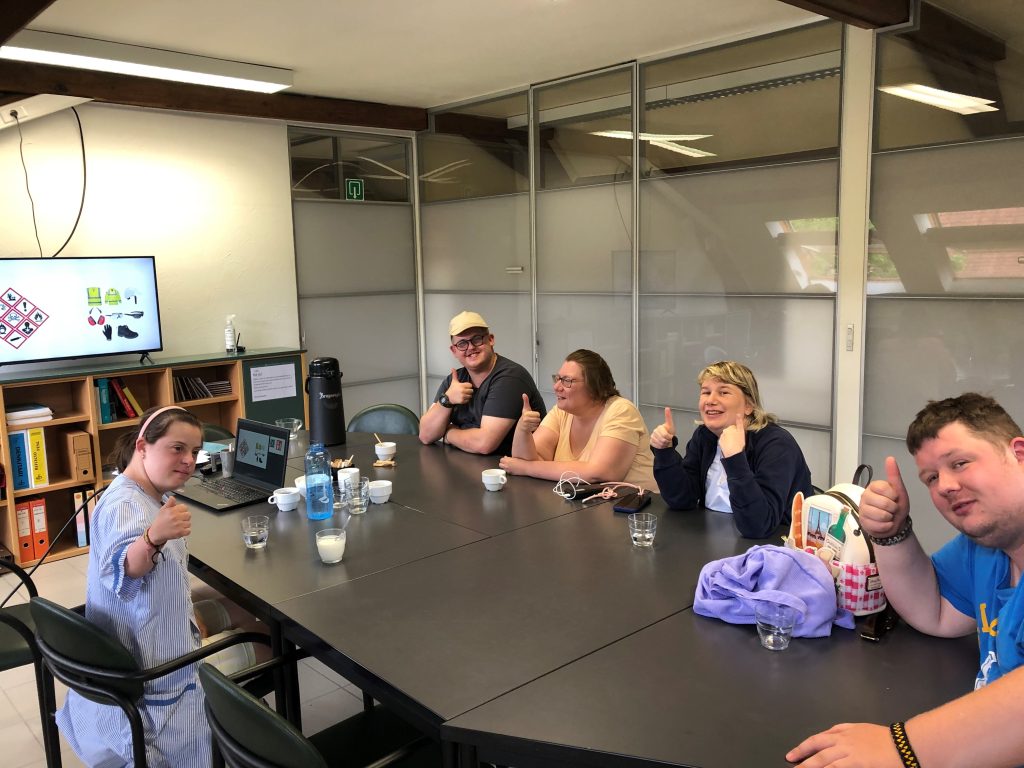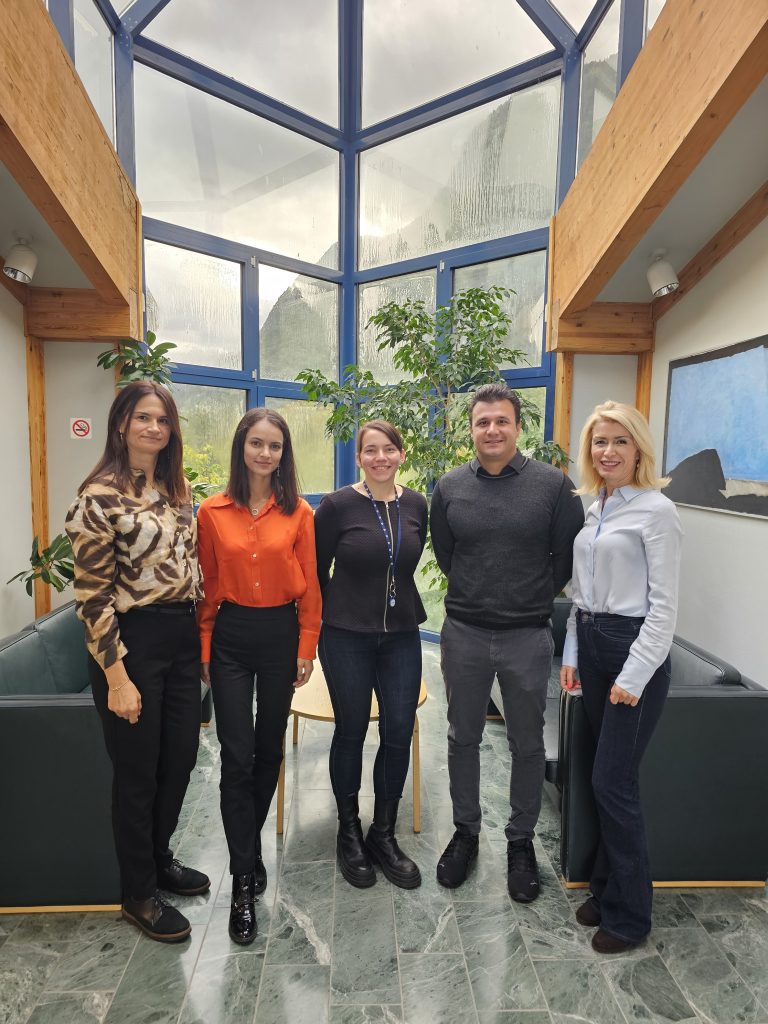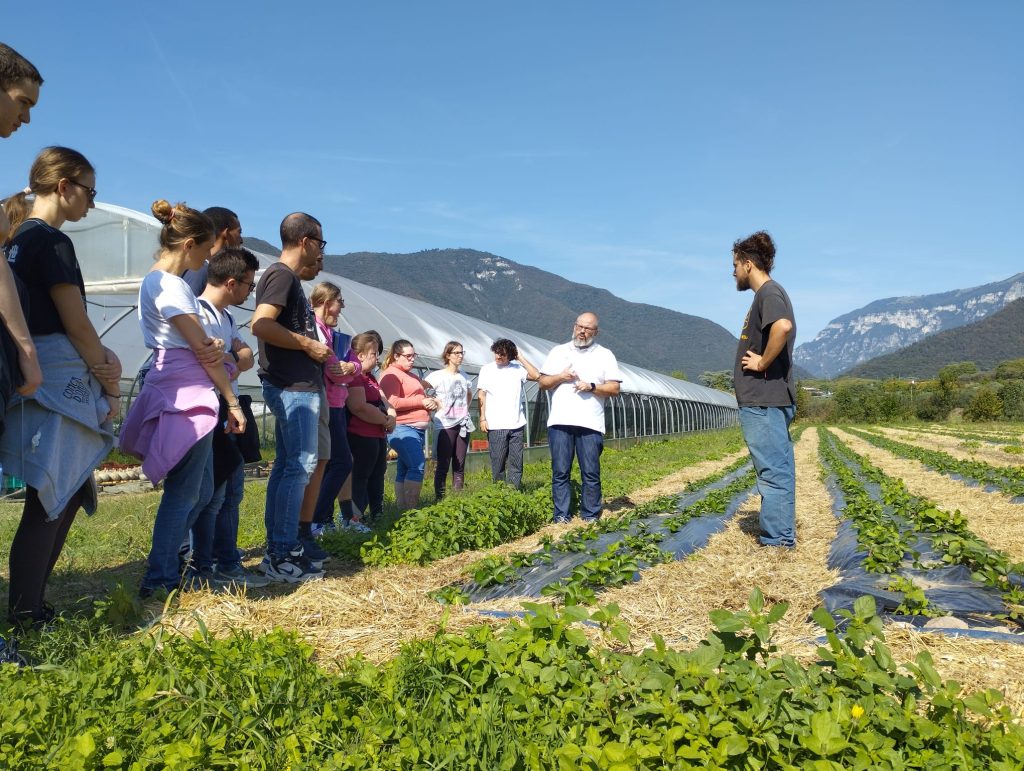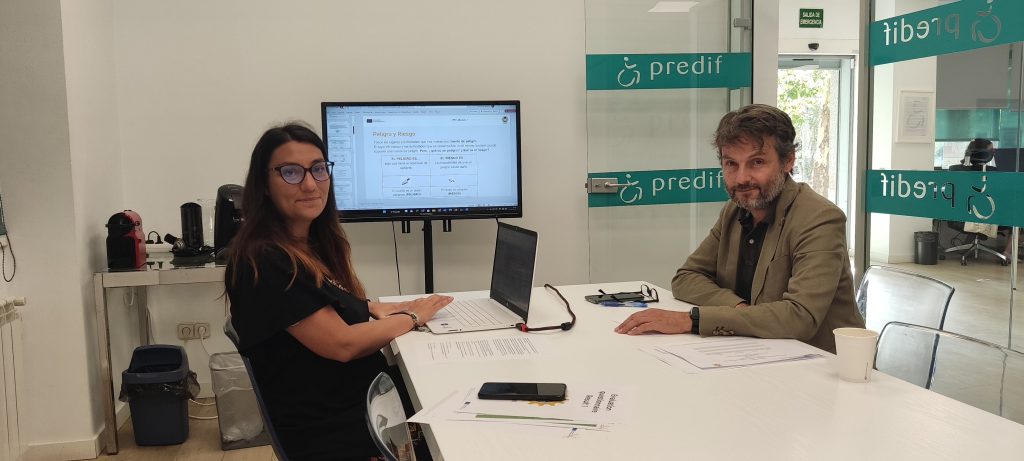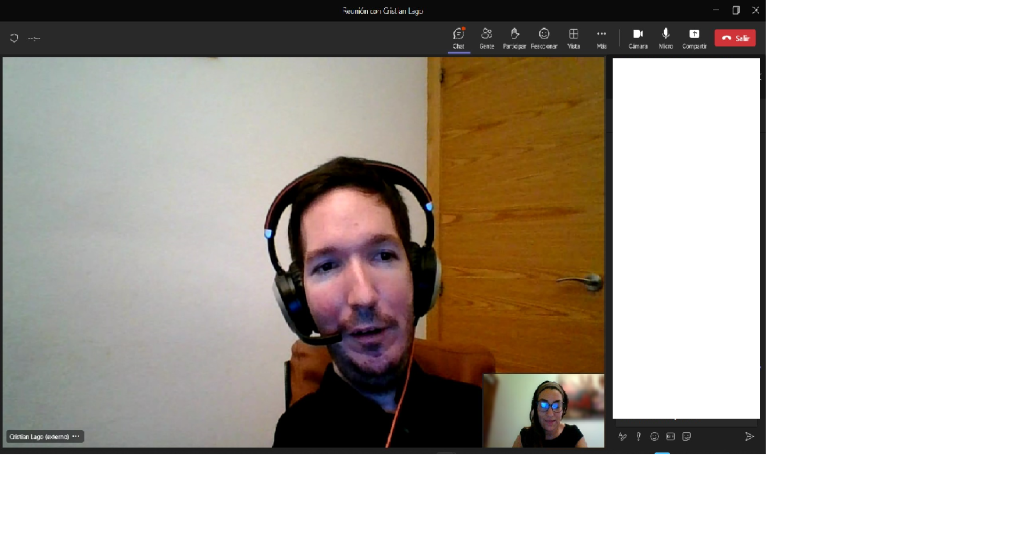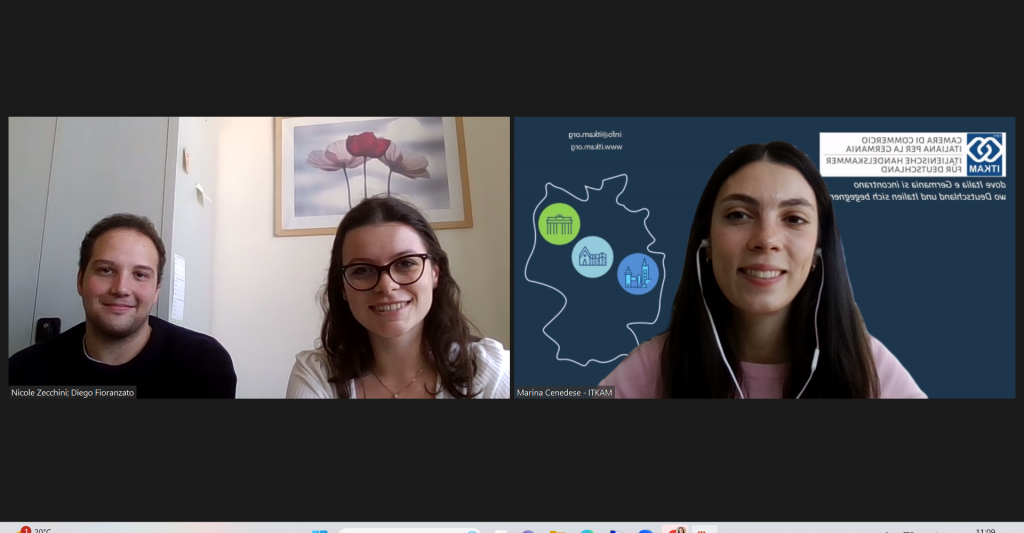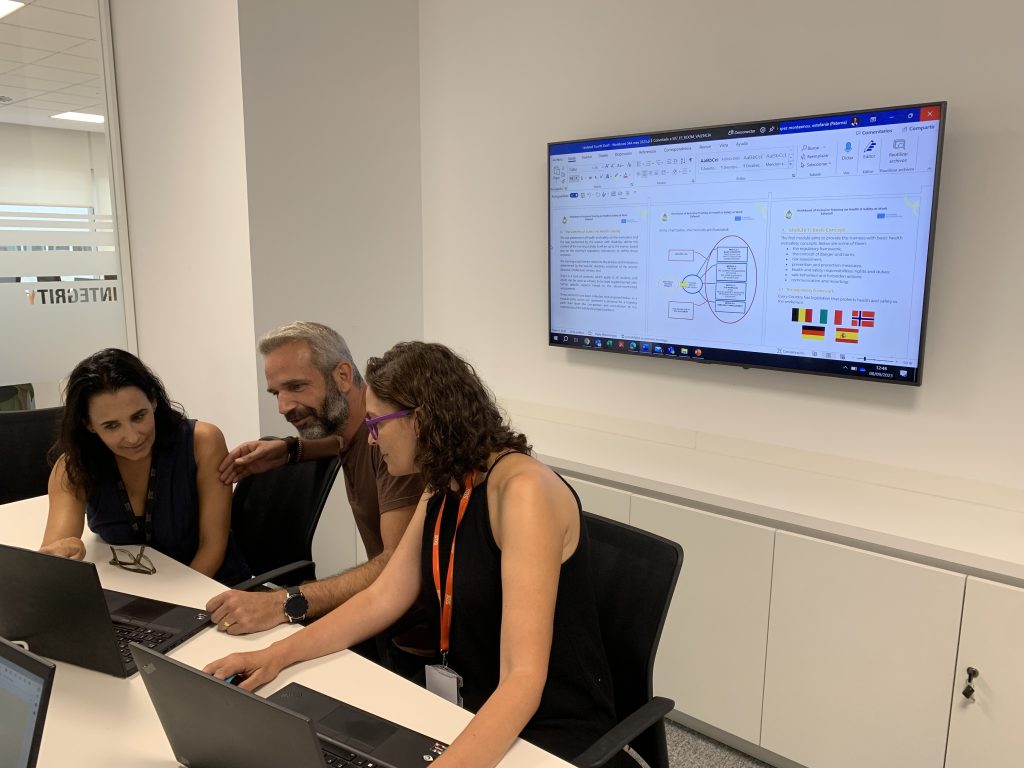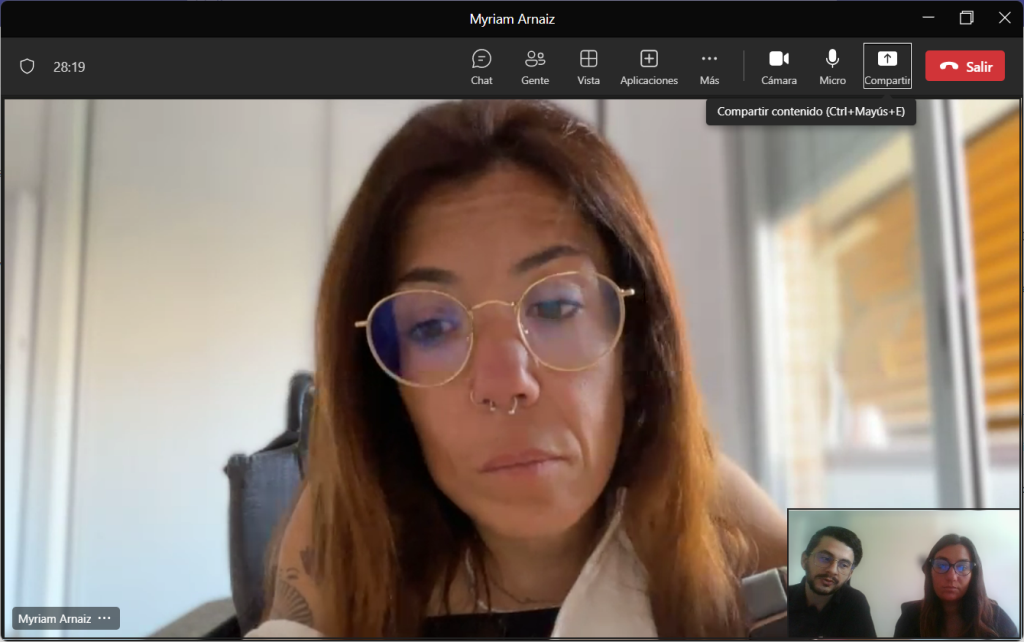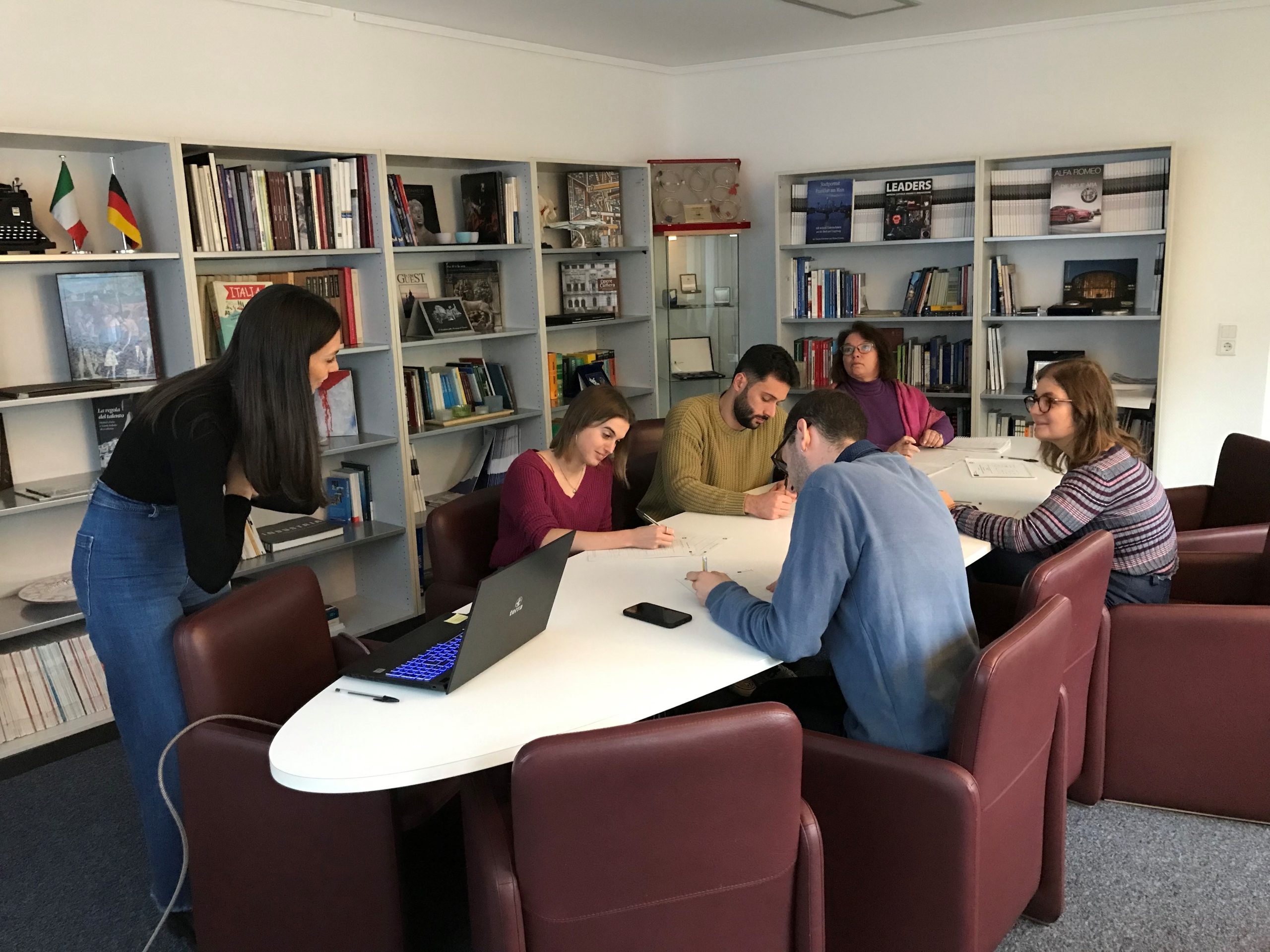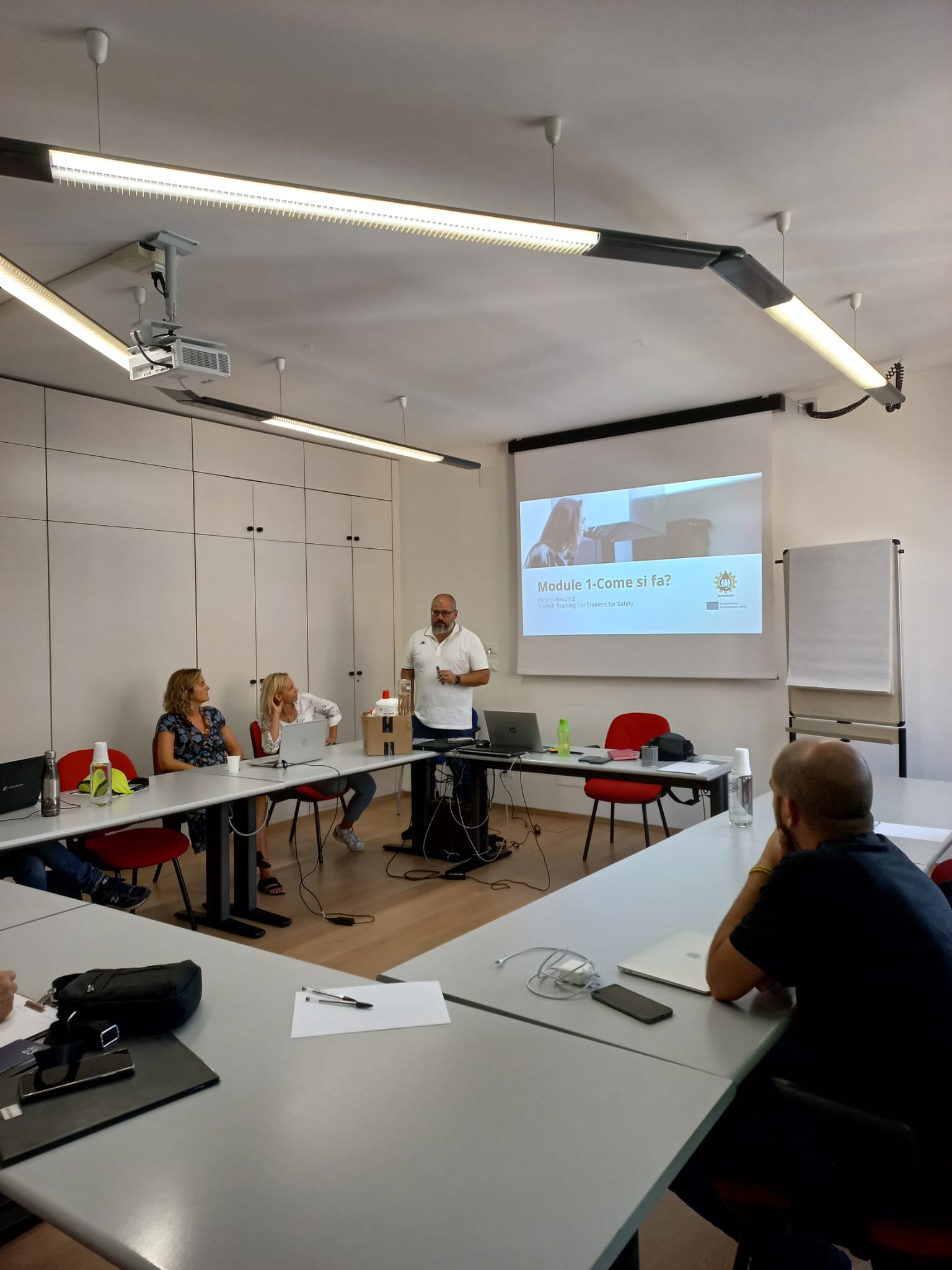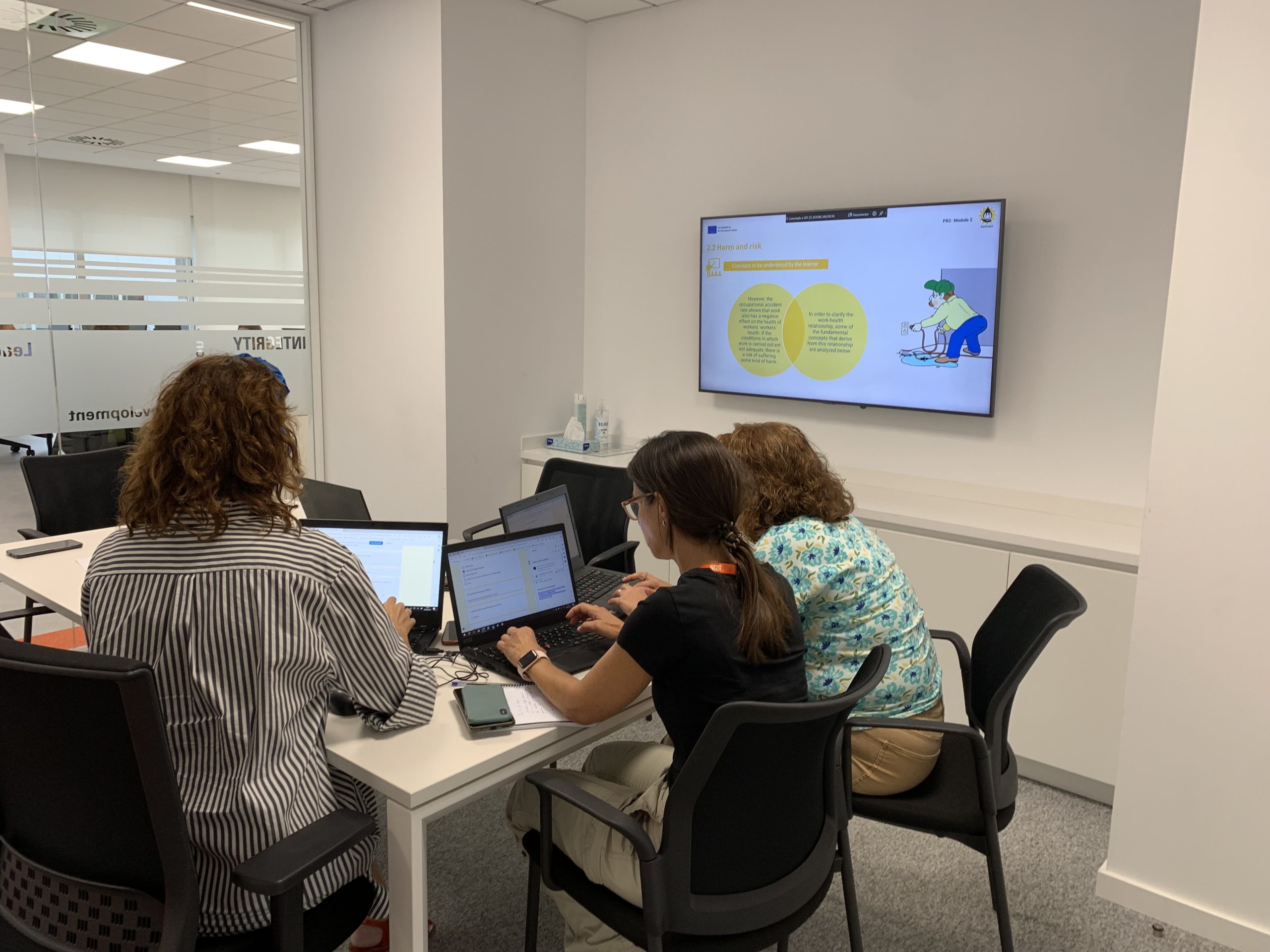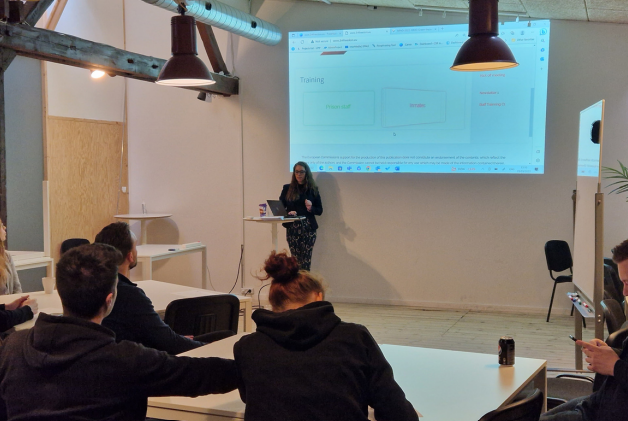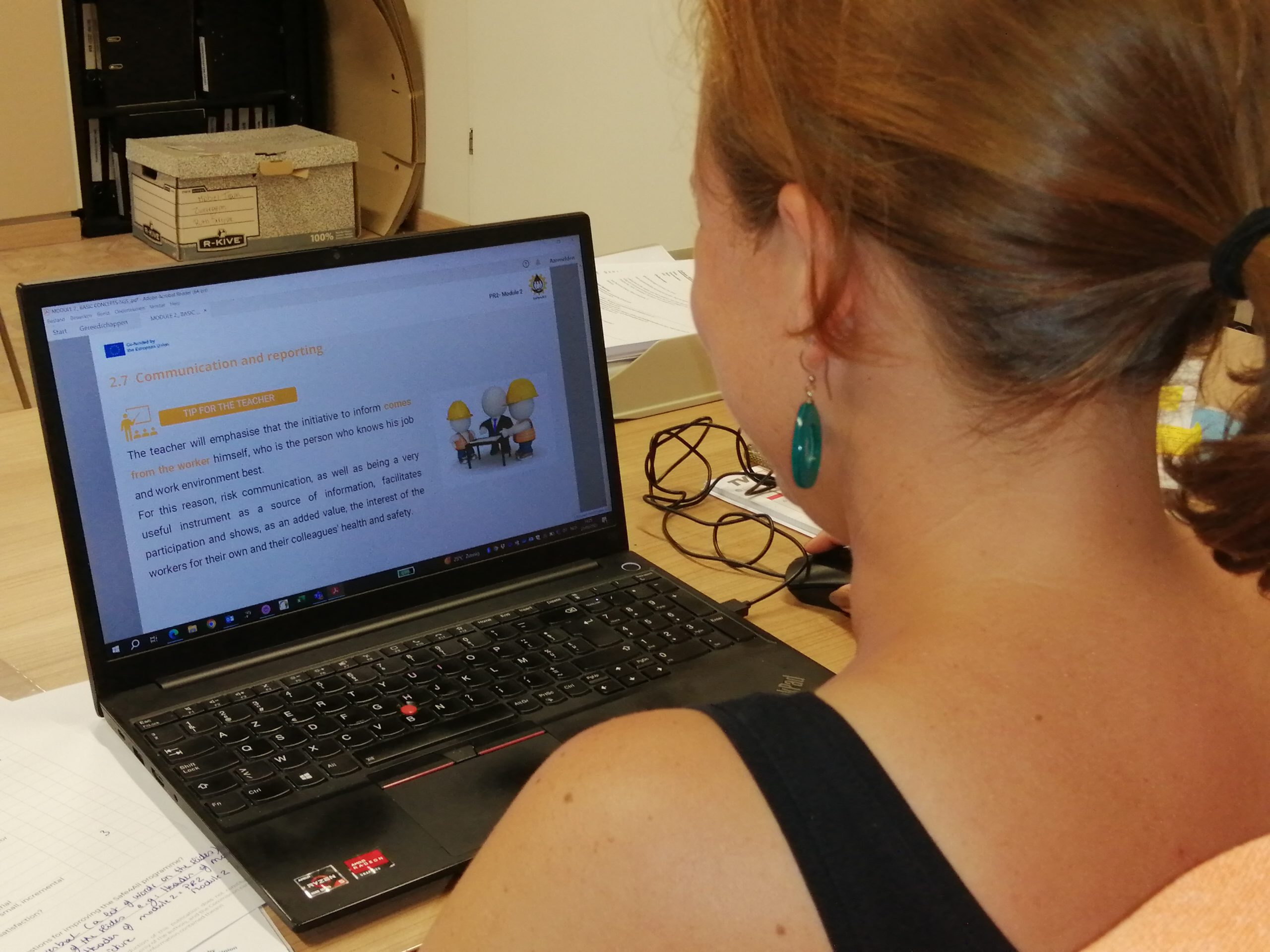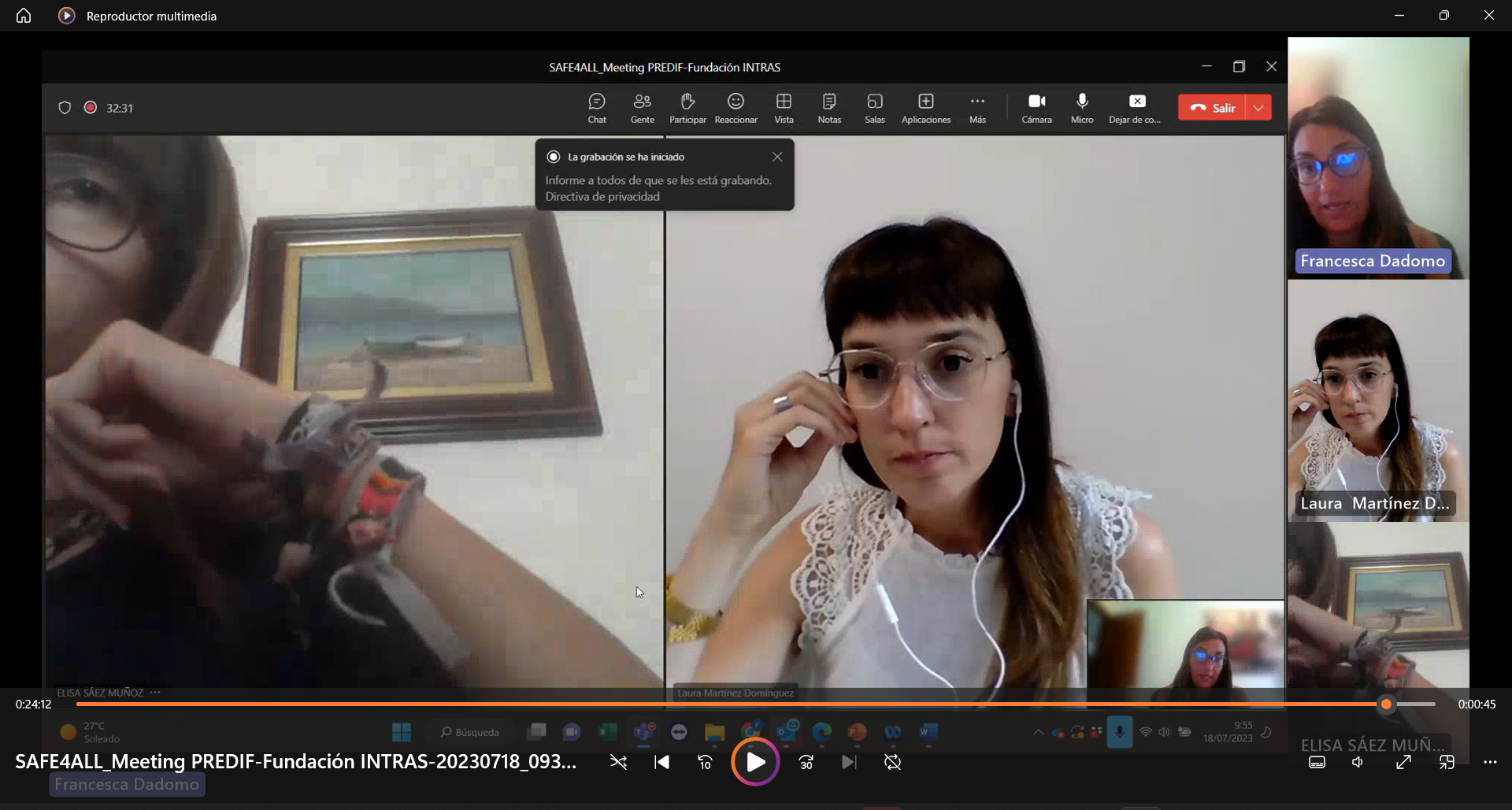During the past months, the consortium has been working on the development of the Training workbook for the Inclusive Vocational Training on Safety & Health in the Workplace for workers with disabilities (Result 1).
But before we get into it, we need some context. We want to develop inclusive training, and we know that traditional educational methodologies do not work for everyone. This is the reason why we developed this material: “Cognitive education and Inclusive Training“, which you can read and download here.
When it comes to educational methodologies, the most common focus is on content: what a person needs to know and what skills he or she needs to acquire in order to put this knowledge into practice. However, as this document shows, this approach ignores the reality of people with disabilities and people’s needs and wishes, which can be very diverse.
Therefore, in order to meet these needs, training must be oriented towards the learning process: this is cognitive education, where content is a part of the learning process, and importance is also given to transversal competencies and skills.
What did we do during these pilotings? Keep on reading!
Piloting R1
Piloting of the training workbook for the Inclusive Vocational Training on Safety & Health in workplace for workers with disabilities. IMPULSA IGUALDAD, IRECOOP and UBUNTU involved 44 people with disabilities in total. SGS involved 3 internal and external staff experts in certification. On its side, CSR and ITKAM involved 5 representatives of SMEs and their associations/organizations.
Piloting R2
Piloting of the Training For Trainers for Safety & Health in Workplace of PWDs. In this piloting, we had 2 kinds of trainers: experts in safety at work and experts in the training of PWDs. In total, 30 trainers were involved.
